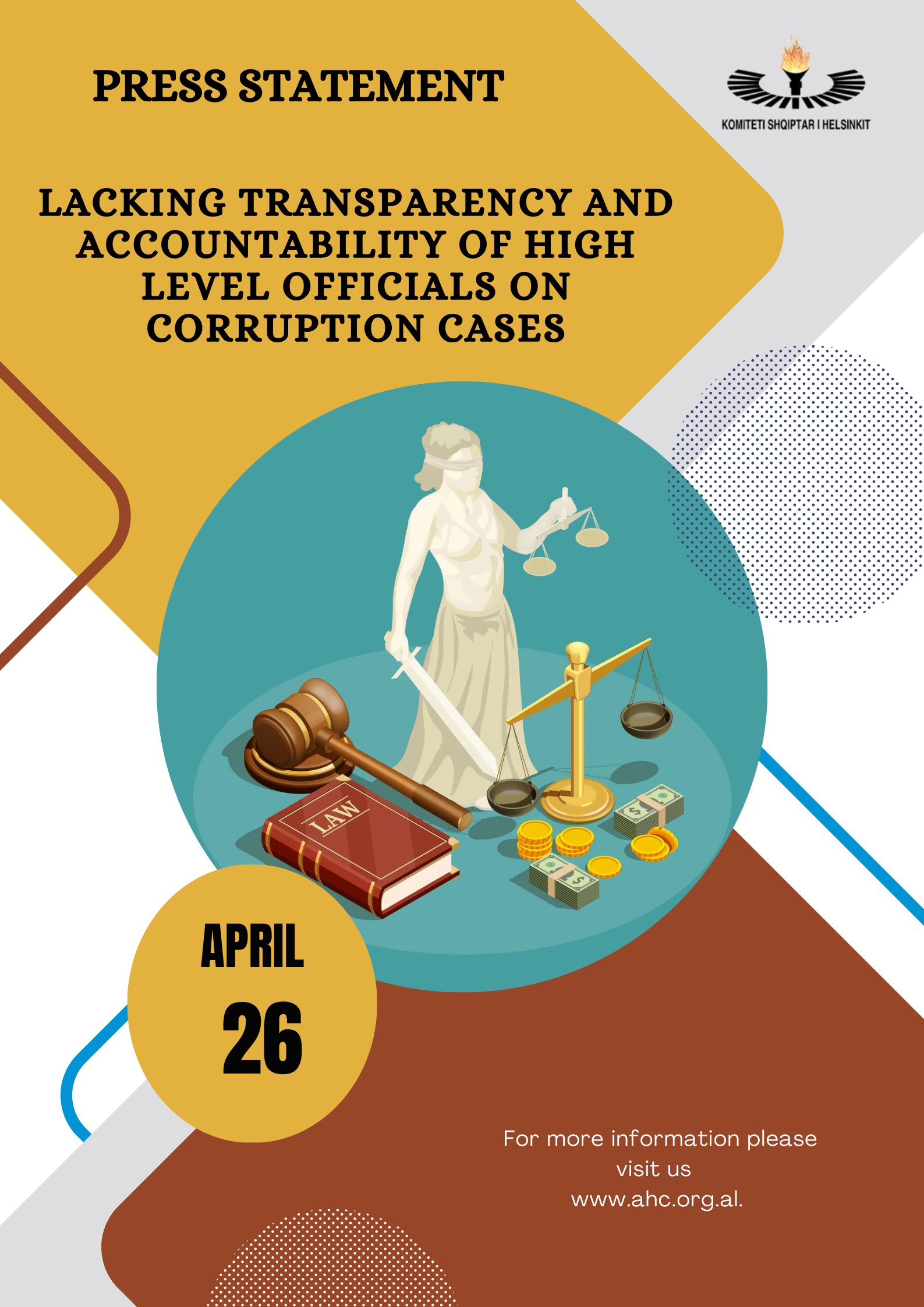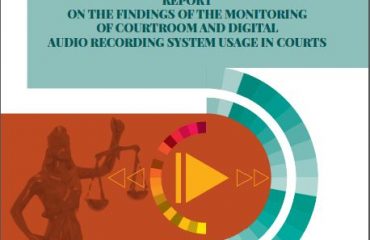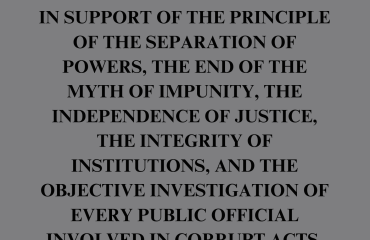In recent days, the Albanian Helsinki Committee (AHC) became familiar with Annual Reports presented to the Assembly of the Republic by the Special Structure against Corruption and Organize Crime (SPAK) and the General Prosecutor about the situation of criminality in the country. Upon completion of the process since about two years, AHC considers that these reports are open for views and suggestions by the general public and civil society actors, published on the Assembly’s dedicated platform for consultations:
https://konsultimi.parlament.al/.
AHC’s attention was drawn particularly to the fact that both of these reports express a concern about the relatively small number of criminal referrals by public institutions. Although prosecution bodies may initiate criminal proceedings on their own initiative, the main source of criminal referrals should be public institutions and individuals, including victims of crimes, especially with regard to criminal offenses in the field of corruption in the public sector. As underscored in the U.S. State Department’s report on human rights in Albania during the past year, corruption existed in all branches and levels of governance, including public procurement and public private partnerships.
In this situation, AHC considers that it is necessary that there be more referrals because, objectively, there are still many uncovered criminal offenses. This is because there is a lack of control and accountability within public institutions, mutual compromising, and indifference. Although there are criminal proceedings, investigations are conducted, and convictions are issued, public accountability and responsibility of high-level officials who lead institutions where these investigations are conducted is almost missing.
Criminal responsibility is individual. Nevertheless, in such situations, the broad public and Albanian taxpayers, should be informed with transparency and responsibility whether there have been internal checks and analyses on why, for instance, in the Directory under the jurisdiction of local government or central government institutions, criminal offenses occur, such as those of stealing, abuse of office, corruption, etc.
AHC deems it necessary to inform about the results of a monitoring conducted in the past in line Ministries and 10 Municipalities of the country to evaluate the implementation of the law approved in 2016 “On whistleblowing and protection of whistleblowers.” What is the result of this monitoring? Lack of trust of those denouncing corruption (whistleblowers) in whistleblowing mechanisms and the insignificant number of whistleblowing cases in responsible units that have been established in these institutions to receive and address alerts. Units established in Municipalities, in some cases had deficiencies in composition or were not trained. This unsatisfactory situation is a result of indifference by heads of Municipalities and lack of control by bodies tasked with overseeing and implementing the above law.
AHC suggests looking at the possibility that SPAK and prosecution offices of general jurisdiction create safe mechanisms for criminal electronic/online referrals by public officials, because the decline in the number of referrals in the public sector is disturbing. These mechanisms may encourage anonymous whistleblowing, if they manage to secure credible data or indicia that may be investigated further by the prosecution office and do not make the identification of the person making the denunciation indispensable.
In closing, AHC underscores the priority importance of preventive measures in the fight against corruption, citizens’ awareness, strengthening checks and accountability, encouraging criminal referrals and whistleblowing on corruption and abuse of office or abuse with tenders.





